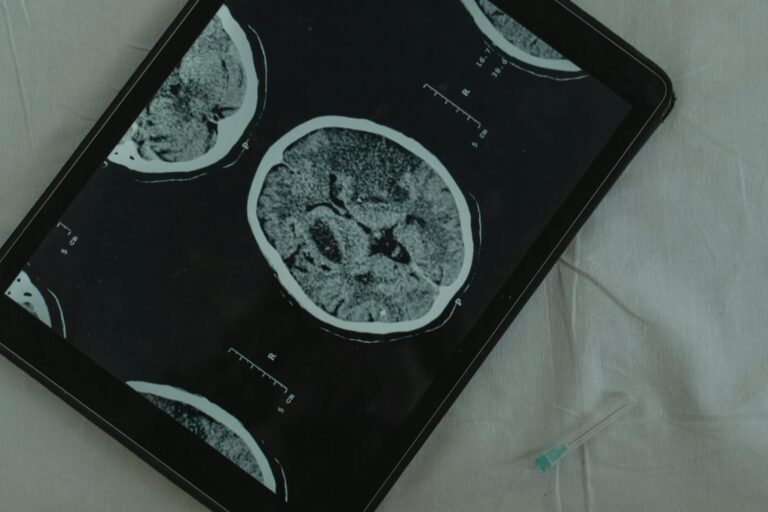### The Impact of Vitamin D on Alzheimer’s Patients
Alzheimer’s disease is a complex condition that affects millions of people worldwide. While there is no cure, research has been exploring various ways to manage and potentially prevent the disease. One nutrient that has garnered significant attention is vitamin D. In this article, we will delve into the impact of vitamin D on Alzheimer’s patients and what the latest research suggests.
#### What is Vitamin D?
Vitamin D is a nutrient that is essential for our overall health. It is often associated with bone health, but it also plays a crucial role in brain function and immune system regulation. Vitamin D is produced in our skin when we are exposed to sunlight, and it can also be obtained through dietary sources like fortified milk and fatty fish.
#### The Link Between Vitamin D and Alzheimer’s
Recent studies have suggested a potential link between vitamin D levels and the risk of developing Alzheimer’s disease. A study published in the journal Alzheimer’s and Dementia: Diagnosis, Assessment, and Disease Monitoring found that people who took vitamin D supplements had a 40% lower risk of developing dementia compared to those who did not take supplements[1]. This study involved over 12,000 participants and followed them for 10 years.
#### How Does Vitamin D Help?
So, how does vitamin D help in reducing the risk of Alzheimer’s? There are several theories:
1. **Anti-inflammatory Effects**: Vitamin D has anti-inflammatory properties, which can help protect the brain from damage caused by inflammation.
2. **Neurotransmitter Function**: Vitamin D supports the function of neurotransmitters, which are essential chemicals that facilitate communication between nerve cells.
3. **Cardiovascular Health**: Vitamin D helps reduce cardiovascular risk, which can enhance blood flow to the brain. Poor cardiovascular health is a known risk factor for dementia.
#### Practical Tips for Boosting Vitamin D
If you’re concerned about your vitamin D levels, here are some practical tips to boost them:
1. **Sunlight Exposure**: Spend time outdoors, especially during peak sun hours, to produce vitamin D naturally.
2. **Dietary Sources**: Include foods rich in vitamin D like fortified milk, fatty fish (salmon), and egg yolks in your diet.
3. **Supplements**: Consider taking vitamin D supplements if you’re not getting enough from your diet or sunlight. However, always consult with your healthcare provider before starting any new supplements.
#### Conclusion
While the exact mechanisms by which vitamin D reduces the risk of Alzheimer’s are still being studied, the evidence suggests a promising role for this nutrient. Maintaining adequate vitamin D levels through a combination of sunlight exposure, dietary intake, and supplements could potentially help in managing or preventing cognitive decline associated with Alzheimer’s disease. However, it’s essential to remember that more research is needed to fully understand the impact of vitamin D on Alzheimer’s patients.
If you’re concerned about your brain health or have questions about vitamin D, consult with your healthcare provider. They can provide personalized advice based on your specific situation. By staying informed and proactive about your health, you can take steps towards a healthier brain and a better quality of life.





